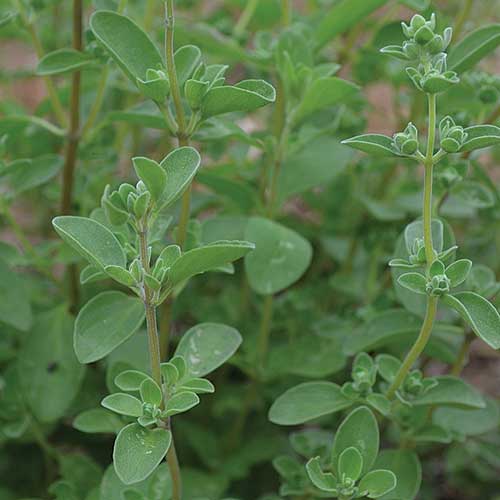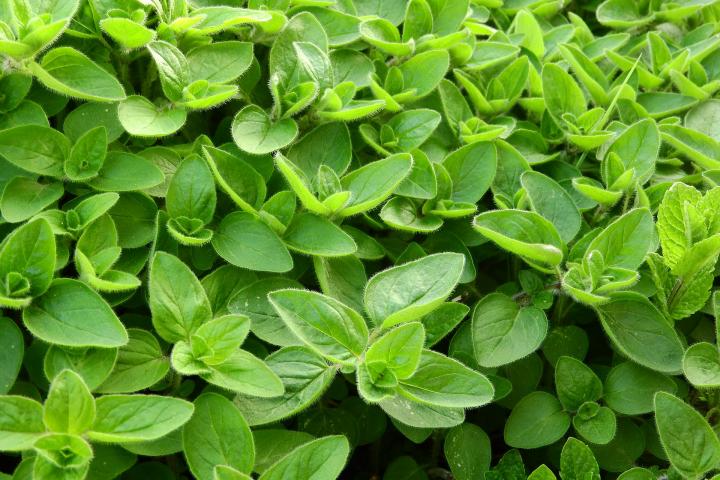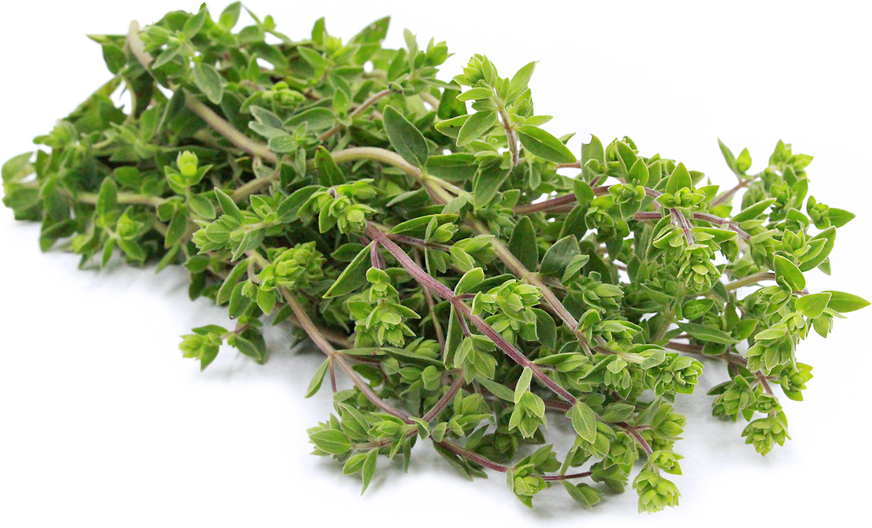
marjoram [mahr-jer-uh m] ExamplesWord Origin noun
- any of several aromatic herbs belonging to the genus Origanum, of the mint family, especially O. majorana (sweet marjoram), having leaves used as seasoning in cooking.
Compare oregano. Origin of marjoram 1350–1400; Middle English majorane Medieval Latin majorana, variant of majoraca, alteration of Latin amāracus Greek amā́rakos marjoram Dictionary.com Unabridged Based on the Random House Unabridged Dictionary, © Random House, Inc. 2019 Examples from the Web for marjoram Historical Examples of marjoram
By maid Marjoram, said he that was going thither, but I will.
Folk-lore and legends: English
Charles John Tibbits
Savory, marjoram and other herbs may be used, or the herbs may be omitted altogether.
Evora Bucknum Perkins
Add two sprays each of parsley and thyme and one of marjoram.
Elizabeth O. Hiller
You have amply satisfied me as to the potency of the late Mrs. Marjoram’s pharmacopoeia.
Arthur Machen
If it is caused by the brain, take syrup of betony and marjoram.
The Works of Aristotle the Famous Philosopher
Anonymous
British Dictionary definitions for marjoram marjoram noun
- Also called: sweet marjoram an aromatic Mediterranean plant, Origanum (or Marjorana) hortensis, with small pale purple flowers and sweet-scented leaves, used for seasoning food and in salads: family Lamiaceae (labiates)
- Also called: wild marjoram, pot marjoram, origan a similar and related European plant, Origanum vulgareSee also oregano, origanum
Word Origin for marjoram C14: via Old French majorane, from Medieval Latin marjorana Collins English Dictionary – Complete & Unabridged 2012 Digital Edition © William Collins Sons & Co. Ltd. 1979, 1986 © HarperCollins Publishers 1998, 2000, 2003, 2005, 2006, 2007, 2009, 2012 Word Origin and History for marjoram n.
late 14c., from Old French majorane (13c., Modern French marjolaine), from Medieval Latin maiorana, of uncertain origin, probably ultimately from India (cf. Sanskrit maruva- “marjoram”), with form influenced by Latin major “greater.”
Online Etymology Dictionary, © 2010 Douglas Harper
 Liberal Dictionary English Dictionary
Liberal Dictionary English Dictionary

